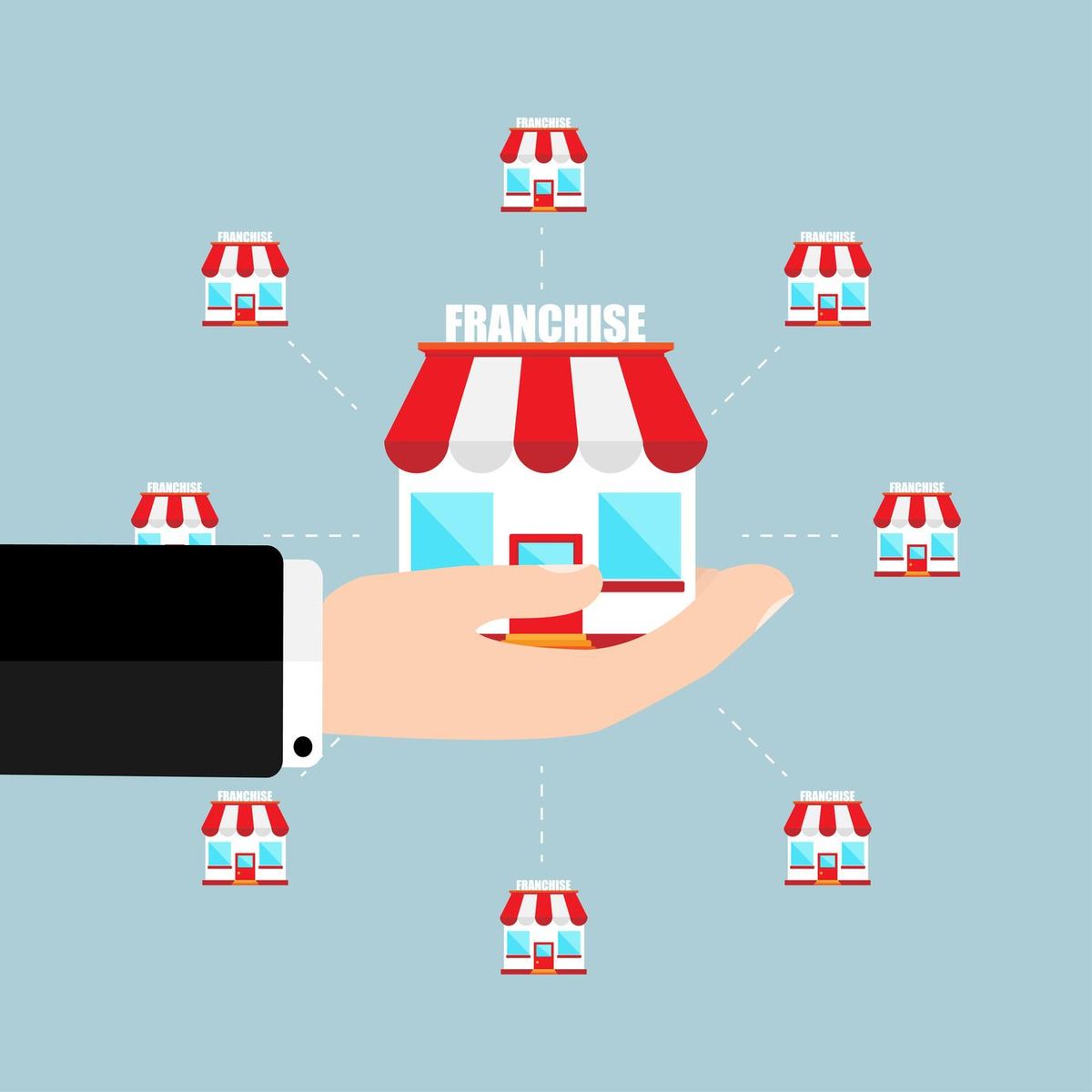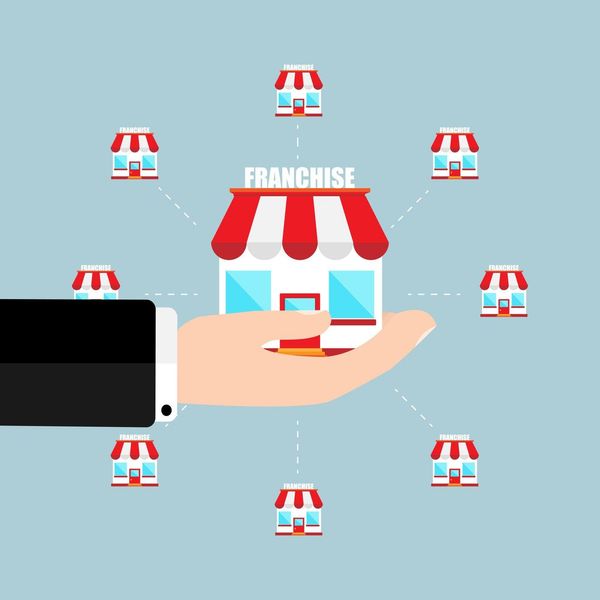
Are You Too Young to Buy a Franchise?
You’re fresh out of school and excited about getting into the workplace. But do you really want to go the corporate route and become an employee? For more and more young people, the answer is no. If this is your situation, buying a franchise could be just the alternative you’re looking for.
Most people in their 20s don’t have the experience to start a company from scratch, explains Jeff Elgin, CEO of franchise referral consultant network FranChoice Inc. For these would-be entrepreneurs, buying a franchise can eliminate a lot of the risk associated with starting a business.
“A lot of recent [college] graduates are considering franchising as an alternative to graduate school, because the amount of money you need to invest is similar,” says Jennifer Kushell, a global expert on young adults in the work force, and founder and CEO of ysn.com.
Advantages of buying a franchise at a young age
What are the pros of buying a franchise at a young age? “The enthusiasm and entrepreneurship that a [young person] brings to the business would certainly be assets,” says Don Fertman, director of development at Subway.
Kushell agrees: "Young people have very big aspirations, and with franchising they can grow to be as big as they can dream.”
There are several reasons why franchising is a natural fit for young adults, Kushell says. “First, this generation is closely tied to family—many of them talk to their parents dozens of times a day. That close bond means more support for a new franchise,” she explains. “A lot of times, parents will be very active advisers or even participants, helping get the store up and running. In a lot of cases, parents are willing to cosign or even finance kids starting a franchise.” They often consider the franchise an investment for the whole family.
Secondly, says Kushell, today’s young people welcome the idea of following rules. “They’ve been in school for so many years, being coached and coddled, that they’re eager for training programs where they can get that same level of ongoing support,” she says. While franchisors often find that older franchisees don’t follow the system as well as they should, “younger people are more likely to follow the core rules, but at the same time come up with innovative new ways of doing things.”
More articles from AllBusiness.com:
- What Do Franchisors Look for in a Franchisee?
- Pros and Cons of Using a Franchise Broker
- The 3 Basic Ways To Get Into Your Own Business
- Is Technology Improving or Sabotaging Your Productivity?
- The Pros and Cons of Hiring a Freelancer
Downsides of young people buying a franchise
Of course, there are some downsides to starting a franchise at a young age. Money is a big one if you don’t have parents who can cosign a loan or invest several thousand dollars. “The franchise investment can be very hefty, which can be a particular problem if you’re graduating with college loans,” says Kushell.
Even if you do have the money, another factor to consider is that buying a franchise is a very big commitment—“even bigger than starting an independent business, especially if it’s a bricks-and-mortar [franchise],” cautions Kushell. “Lots of young people are very fickle with their job commitments, and fickleness can be dangerous with a franchise concept. You’re signing leases, —younger people have to really understand what they’re getting into.”
Being prepared to accept responsibility can be a big stumbling block, says Elgin, who adds that being your own boss can be both stressful and satisfying. Young people need to assess whether they can handle the pressure—especially if they don’t have prior business experience.
“Many young people have been starting their own businesses since they were teenagers, and those would be fabulous candidates for franchisees,” says Kushell. “On the other hand, it’s not uncommon for young people to have never run a business, been around a business or even had a job at the time they graduate from college. In that case, starting a franchise would be a scary proposition—both for the young person and the franchisor.”
“The main challenge for someone starting [young] would be the lack of actual real-life business experience,” agrees Fertman. “Although getting into a franchise typically includes a support system and training designed to provide the knowledge one needs to run the business, having some background is helpful.”
One way to get that background, Elgin suggests, is to spend some time working for an existing franchise like the one you want to start. In six months or a year, he says, you will get a good idea of whether this is the business for you. “Most franchise companies would support such a plan by referring you to an existing [franchisee] who would provide mentoring in addition to employment,” he says. “This approach would take a little more time, but could pay big dividends later.”
Whatever your background, says Elgin, the bottom line if you're considering a franchise is to “start with a thorough and honest self-assessment.” Good advice for any would-be entrepreneur—at any age.
RELATED: Want to Start a Business? Maybe You Should Buy a Franchise



